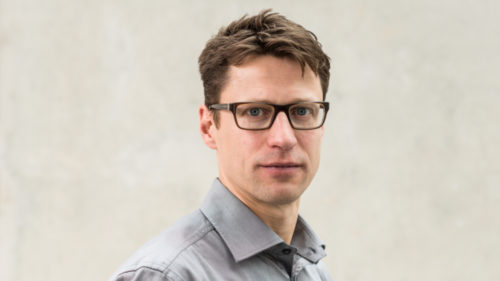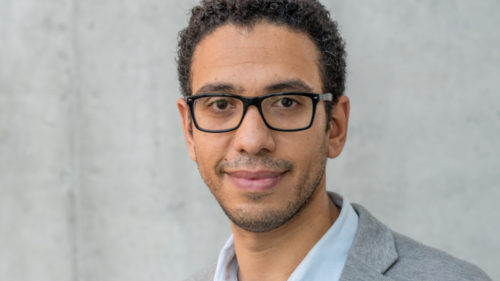Molecular switch for the gradual reprogramming of immune cells decoded
The immune system activates certain white blood cells, the T helper cells (Th cells), to defend against pathogens and cancer. These cells are imprinted differently depending on the target (viruses, bacteria, parasites, tumor cells) and can promote or attenuate inflammatory reactions. A research team of Max Löhning and Ahmed Hegazy from Charité –Universitätsmedizin Berlin and the German Rheumatology Research Center Berlin (DRFZ), a Leibniz Institute, has now discovered that Th cells differ in the strength of their imprinting and can be reprogrammed to varying degrees. This discovery opens up new therapeutic options for inflammatory and autoimmune diseases as well as immune cell therapies. The data has now been published in the renowned scientific journal Science Advances.
When pathogens invade the body, Th cells are activated and specialize in defending against the different types of ‘attackers’. Various functional subsets of Th cells are generated during this process, including Th1 cells that fight pathogenic bacteria and viruses within the cells of the human body. However, these cells can also be involved in auto-inflammatory reactions. Th2 cells, on the other hand, fight off pathogens and parasites that occur outside the cells, while also being also responsible for the development of asthma and allergies. Each Th cell type is controlled by a specific gene regulator – the so-called key transcription factor. The imprinting of Th cells as part of an infection response was previously considered to be uniform and irreversible.
Max Löhning, Ahmed Hegazy and colleagues from Charité and the DRFZ have now been able to show that Th1 cells generated during a viral infection differ in the strength of their imprinting. Th1 cells generated with large amounts of the Th1 key transcription factor their imprinting is permanently stable. They exclusively fulfill Th1 cell functions for virus defense. At the same time, however, Th1 cells with lower quantities of this key transcription factor are also induced and as a result, their imprinting is less stable and reprogramming with additional Th2 cell function is still possible. However, the initial Th1 specialization in virus defense is not lost with this new Th2 imprinting in parasite defense. Instead, the cells ‘learn’ and an intermediate cell type is created: the so-called ‘Th1+Th2’ cells. These cells combine the defense potential of both subgroups and retain this imprint for months as memory T cells. Molecularly, this is achieved by the newly imprinted ‘Th1+Th2’ cells simultaneously producing the key transcription factors of the Th1 and Th2 cells.
These results show that the immune system within a group of Th cells generates a spectrum of responses from complete stability of imprinting, to far-reaching reprogrammability, enabling it to adapt to changing infection environments. The knowledge obtained not only helps to better understand the ‘learning processes’ in immune cells, but also provides the basis for the novel therapeutic use of these cells. This may also open up new ways of treating chronic inflammation and autoimmune diseases as Th1 cells in particular contribute significantly to the development of these diseases. “The partial reprogramming of Th1 cells could help to weaken the inflammation-enhancing properties of these cells and thus break their disease-promoting activities,” are the hopes of the heads of the study, Professor Ahmed Hegazy and Professor Max Löhning.



 Deutsch
Deutsch
